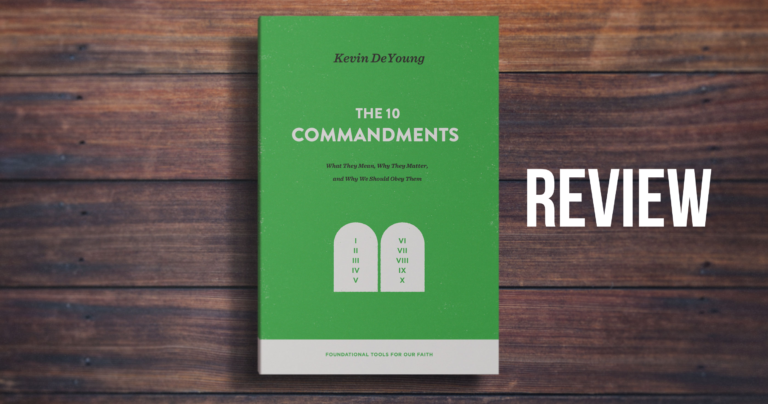So for those of you who know me, and have spoken about the worth of a degree, you probably know where my opinion falls on the matter of higher education. I honestly believe that degrees have almost completely lost their worth. This is a matter that I’ve discussed with a lot of people. Those who went to, those at, those thinking of going and those who have not ever touched the university experience.
Let me give you some history. Back in 2007 I was in my final year of secondary school, applying to universities (six in my day) and hoping to get the grades. We had just had the tuition fee increase to £3000 (not a match on the £9000 today), but that was just the normal. Nobody really cared about the potential debt and everyone was going off to get the ‘university experience’.
So did my degree go wrong? Is that why I have my views?
Well no. I’d openly say that my university life was littered with brilliant experiences, an ‘award-winning‘ placement and a final result of an upper second class honours in Computer Science. From there I went onto applying for graduate jobs, and managed to secure one straight after graduation. So why possibly would I disregard the worth of a degree after that, you may ask. Well it comes down to a number of reasons.
The main being my experience in both proper jobs I’ve had since attending university. At both Intel (my placement year) and Sky (my job now) I was retrained. Both places of work admitted that my university knowledge probably was not at the right level for what they wanted or that I would have just not learnt, yet alone heard of, the stuff they use. I have to admit my course, at the University of Kent, did give me an advantage over others, but it was a slim advantage. Now I do not think it is the University’s fault that this is the case. The biggest issue is that there is no real uniformity between universities. This is something that we explained each and every open day I helped at. A particular course at one university does not equal a course of the same name at another. Employers cannot guarantee that their graduates are going to know everything that they are after. This does mean though that all my (costly) degree did was get me into an interview.
A traditional degree has a fundamental flaw – it generally does not contain any experience. A student with a 1st in something may know their stuff, but throw them into something hands-on and it’s very likely they will fail the task. I was very fortunate that someone pointed this out to me before I started, and I must say that one of the best decisions I’ve ever made was to take a placement year. This easily taught me much more than the other three years combined. I got to see how my skills could be applied to a real job, I learnt how to actually do a job and I learnt, even more, how to survive in the real world. One of the big changes in education is the move to ‘vocational learning’, something that my old school was very big on. This is a better solution because you study as well as work, much like an apprentice scheme. I think it’s a real shame if a student does a traditional degree that only requires them to attend lectures and classes. If I was an employer I would be very hesitant in hiring an unexperienced university student over someone who has gained experience through working their way up.
I would not say that I think university is a total waste though. There are definitely a few reasons I can think to go. The first of these is the life-skills that you learn. If I could send someone to university for one reason, it would be to learn how to live and look after themselves. I think there is definitely something different about someone after a year of living in halls. They understand how inconsiderate it is to not wash up for example. They understand cleanliness and how to deal with common issues. Generally, if someone grows up living with their parents all their life they can take things like this for granted. Of course this is not always the case, with some graduates still being a pain to live with and people who never went to university knowing these essentials.
The other benefit to the degree is the door-opening and the contacts. Nowhere else will someone meet so many diverse people. My university introduced me to lawyers, doctors, scientists, award winners, people of different religions, races and totally new ways of thinking. I cannot think of another place where this is so common (unless they invent human zoos…). You find your eyes are really opened and become much more rounded as a person.
So a degree is a great place to learn life-skills and acts as a door-opener, but is it really worth £12000 in debt (or now £27000 for those starting this year)?
I want to stress, this is just my opinion. I’m not saying that I’m totally right in my view, but through my experience this is what I think. I’d be very interested to hear if you agree or disagree, so feel free to contact me or leave me a comment on here.






Great entry Sir… I am an American who went through some college , and then the lots of experience route and though I learned much that was invaluable in School( like you say the way to “be” on your own, the hands on experiences at jobs is what gets you really ready for the real job world…. I heard the former Time Warner CEO talk about how their were 200+ people that could do his job at Time Warner so it was his job( and I think you get this from on the job experience) to figure out how to differentiate himself from those others who were just as capable…. Best!